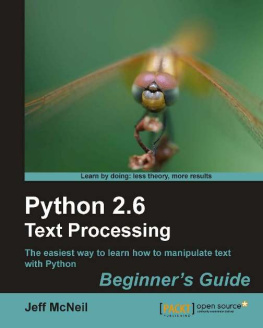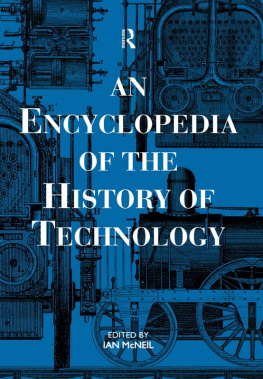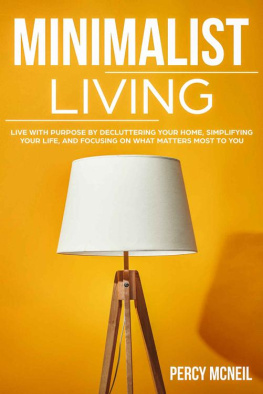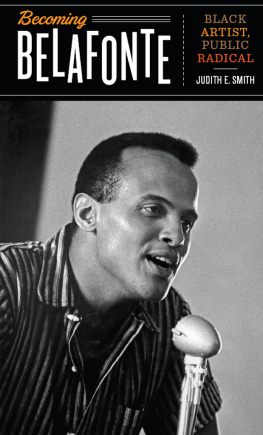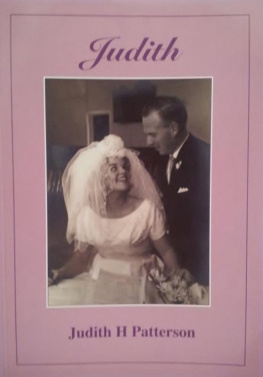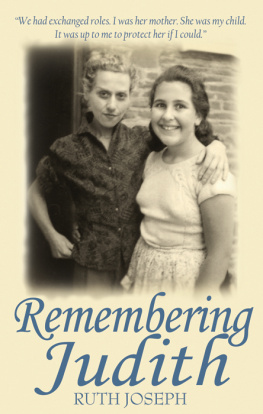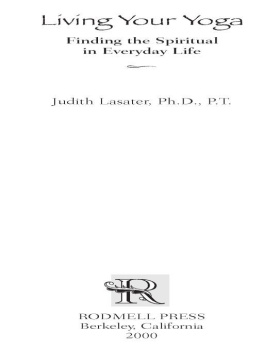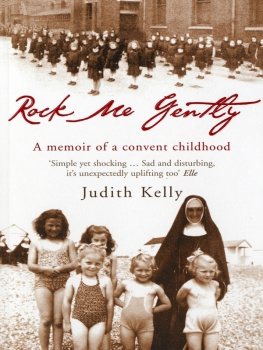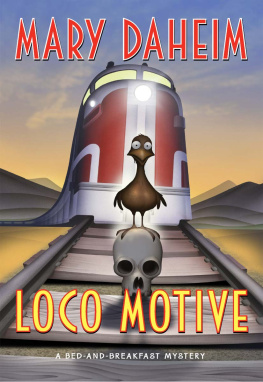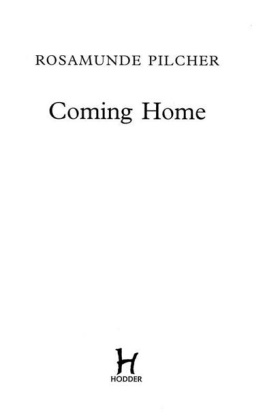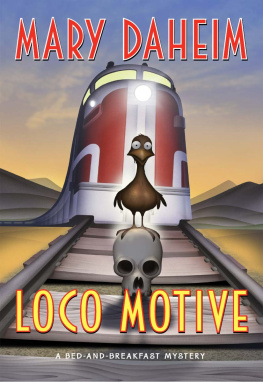THE GIRL WITH THE CARDBOARD PORT
The Girl with the Cardboard Port
JUDITH L. MCNEIL

THE GIRL WITH THE CARDBOARD PORT
eBook First published 2013
ISBN: 978-0-9874676-8-3
DoctorZed Publishing
10 Vista Ave, Skye, SA 5072, Australia
www.doctorzed.com
Copyright 2006 in text: Judith L. McNeil
Judith L. McNeil asserts the moral right to be identified as the author of this work.
All rights reserved. Except for short extracts for the purpose of review, no part of this book may be reproduced, stored in a retrieval system or transmitted in any form or by any means, whether electronic, mechanical, photocopying, recording or otherwise, without prior written permission from the publisher.
Print book first published 2006
National Library of Australia Cataloguing-in-Publication Data
McNeil, Judith L.
The girl with the cardboard port.
ISBN 0 908988 80 X.
1. McNeil, Judith L. 2. Malaya - Biography. 3. Singapore -Biography. I. Title.
1 3 5 7 9 10 8 6 4 2
CONTENTS
T his is the story of a young, nave country girl who endured a decade of deprivation, poverty and torment, a girl who ultimately prevailed against almost impossible odds. It is my story. The words are mine alone, as are the memories.
We were an average working class family of strong Irish descent. Birth control was frowned upon and no meat was ever eaten on Friday. My father was a railway worker, already married and with a son when my mother met himthe boy was six years old. Because the church forbade divorce, my mother endured the social stigma of being a woman who just lived with a man. She never even had a wedding ring, the one thing that would have given her securitythe public sign of a married woman.
I look back over the decade of 195767 and the times in which we lived. Eating soup made from dog bones, or nothing at all. Widows compelled to remarry, mothers selling their bodies to feed their children, hoping against hope it didnt result in an unwanted pregnancy, or that they would be forced to use either a knitting needle or a backyard abortionist. The woof and warp of hard times that eventually created the fabric of the so-called good old days.
My family was caught in that vice; my widowed mother socially compelled to remarry for survival, no matter what the quality of the man.
I begin this story in the year of my fathers death, 1957. He died an unknown hero. Sent out aloneagainst railway regulationson a railway pumper (a flat two-man trolley that ran along the lines to inspect them), to check for flood damage one dark rainy night, he tipped over a washout into a creek, severely injuring himself. Despite his injuries, he scrambled up the embankment from the bottom of the water-filled ditch, crawled along the line and managed to place three warning detonators on the Inland line, thereby preventing a major train derailment.
He died only weeks later. The death certificate gave the cause of death as cerebral meningitis, not the head injuries we knew hed received from the fall. Because of the secrecy surrounding the incident there was no compensation for his death. We were carelessly thrown to the wolves of deprivation and poverty. My mother, my five siblings and me.
I never loved my fatherI was frightened of him. He was a man of the times, shaped by the severity of the times, when harsh domination of the home and child labour were quite normal. When a hapenny bought a little twist of bulls-eye lollies. When you used three pennies in a sloping slot in a red public phone box for a local call. When a fourteen-year-old girl was dressed in buttons, bows and laceand was fashionable.
This is my story, and I begin it on a railway station one cold August morning in 1957. Each moment is still imprinted on my soul.
Y es Im leaving.
We stand on the platform, my pregnant mother, my two brothers, three sisters and I, all dressed in our best clothes, waiting for the great journey to begin. Im wearing my almost new dress, red and white with a large white collar and shirred elastic waist.
We wait, quite still, enclosed in a cocoon of miserysurrounded by a silence as hushed as death itself. No, I do not want to leave and I watch helplessly as the black and grey shadows begin to melt with the promise of a rising sun. Another day is about to commence. As the eldest, I am responsible for my five-year-old baby sister, a large brown, flecked cardboard port and two boxes. I stand stiff, trying to stop shaking, deliberately keeping a leg pressed against the cardboard port and clasping my sisters hand tightly.
Women dressed in black are huddled in small groups, pressing their Sunday best hankies to their eyes and runny noses. They look like a flock of sympathetic sniffling black crows. Men stand resolute, their hands hidden in trouser pockets as they nod solemnly to one another.
I slyly swing my eyes to check the station clock. The train to Brisbane is supposed to be here at five thirty; its lateas usual.
An acrid odour floats across the dingy station. The stink of unwashed armpits and of trousers worn too many times with accumulated sweat combine in a smorgasbord of nose-wrinkling smells. A cold wind is blowing in from the west and snatches at a piece of torn newspaper, lifting it into the air, wrapping it around the ankle of a girl from my school. She lifts her right foot pushing it away.
Why is she here? I wonder. No one has spoken to me, yet there are dozens of people on the platform. I let go of my sisters icy hand and carefully tuck my cold shaking hands into the pockets of my dress as I wait in breathtaking silence for the whistle of the late train, the whistle that is as familiar to me as breathing.
There there, Madge, comforts a rather fat railway wife. Itll be orright now, you just wait and see, heh.
I glare at her, angry at her stupidity. How will it be all right? Mum is crying and cant stop, and the kids are shaking with cold and frighthow will it be all right?
A clatter of wheels, and I turn with others to see what would dare to trespass into this time of dismay and thick grieving. A flat red railway trolley with a long handle and a cross bar at each end is being pulled by one boy and pushed by another, each a little older than myself, their feet moving in macabre unison. The boy in front is bent forward with the strain of pulling, his baggy trousers slightly slipping showing the top of his bum crack, the piece of twine hes using for a belt flapping with the sway of his body. The boy pushing from the back has a cap pulled down low on his forehead, and a cigarette dangles from the corner of his mouth.
Firs time I had ta load a stiff on ta the train. I wonder oo the poor coot was? the boy with the cap calls out, laughing.
On the red flat trolley lies the body of my father, trapped forever in a black box, a coffina reminder of why were all here.
The penetrating silence stabs at the laughter and both boys stumble, the lost momentum causing the trolley to skew. In soundless slow motion the coffin begins to slip. Men rush forward, legs sliding, preventing it from falling off the trolley and smashing open; the crazy beating of my heart keeping time with the muffled screams and gasps of horror.
My mothers face freezes as she sees her husbands casket, Paaat! Her scream echoes relentlessly, bounces across the grey walls, her arms flapping uselessly as other arms, fat, flabby and sympathetic, hold her fast. She looks like the chickens my father made me kill, their wings still flapping as they ran crazily in circles, their heads lying unmoving on the ground, eyes glassy, beaks opening and closing in surprise.
Next page

